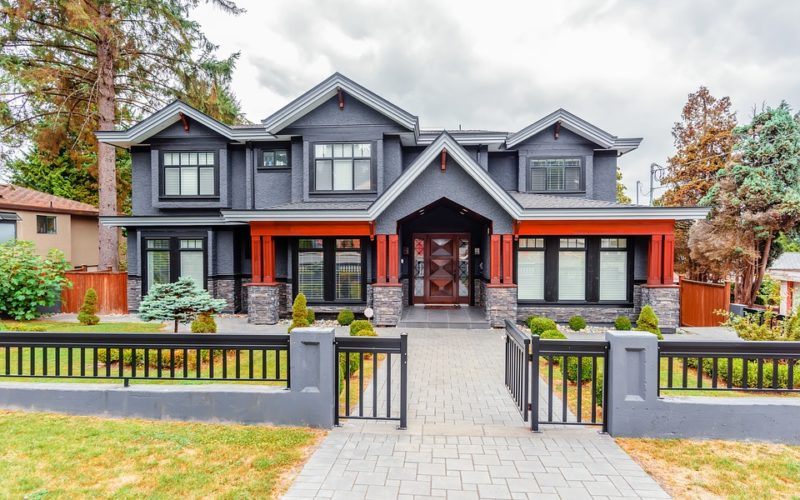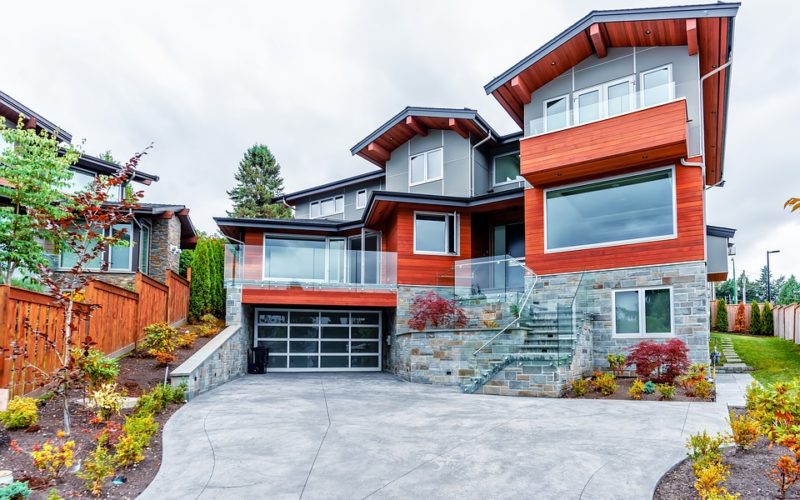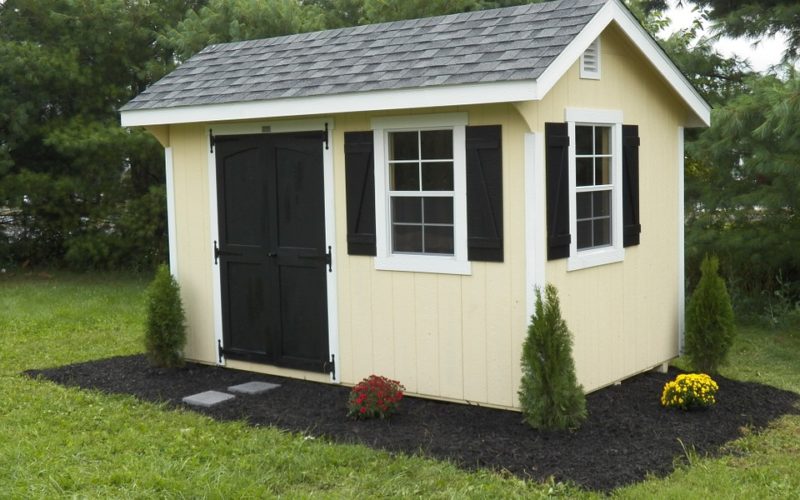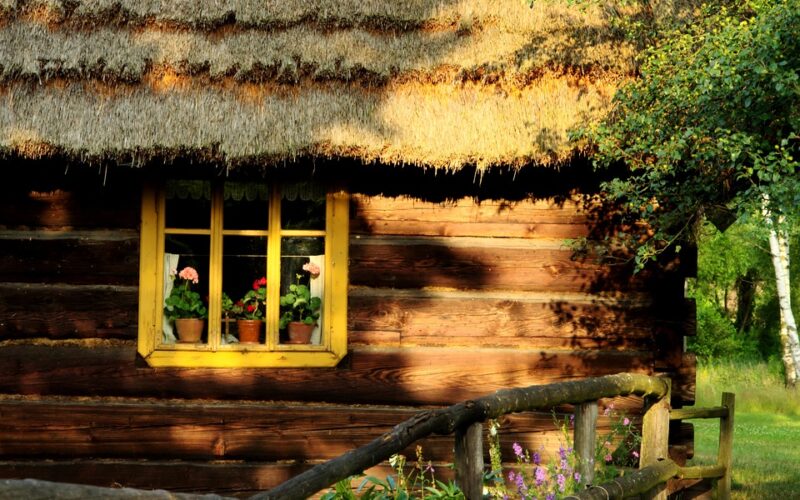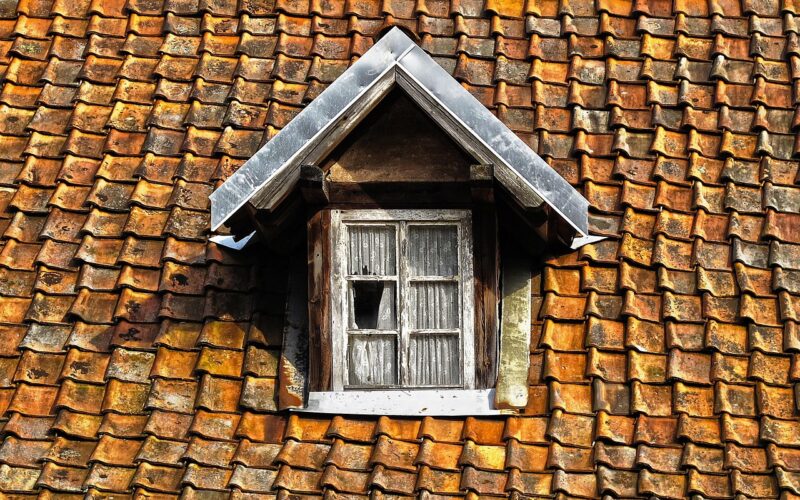Drainage Solutions for Sloped Driveways
A sloped driveway can be a striking architectural feature, but it also presents a unique challenge: managing water runoff. Without a proper drainage system, rainwater can flow towards your home's foundation, flood your garage, or cause soil erosion and surface damage. Effective water management is not just about convenience; it's about protecting your property and ensuring the longevity of your driveway. By understanding the principles of slope and selecting the right materials and drainage features, you can turn a potential problem into a well-managed aspect of your home.
Understanding water flow on sloped surfaces
The primary issue with a sloped driveway is the speed and volume of water it channels during rainfall. Water naturally follows the path of least resistance, and on an inclined, non-porous surface, this path is directly downhill. This concentrated flow can overwhelm standard drainage, leading to pooling at the bottom of the slope. Over time, this standing water can weaken the sub-base of the driveway, cause cracks to appear, and create hazardous icy patches in winter. Proper planning involves directing this water away from vulnerable areas and into a suitable drainage outlet, such as a storm drain or a garden soakaway.
Choosing the right driveway material
The surface material you choose plays a significant role in managing runoff. Traditional tarmac driveways, while durable and cost-effective, are impermeable. Water will run straight off the surface, meaning all drainage must be handled by supplementary channels and drains. In contrast, modern solutions offer built-in water management. For instance, resin bound driveways use a clear resin to bind aggregates together, creating a strong, smooth surface with tiny voids. This allows water to pass through into the sub-base, significantly reducing surface runoff. They provide a sleek finish while being a more environmentally friendly option.
The role of permeable driveways in managing drainage
For the ultimate in on-site water management, permeable driveways are an excellent choice. These systems, which can include permeable pavers or certain types of resin bound driveways, are designed to let water soak through the entire surface. The water then filters down into a specially prepared sub-base, which temporarily stores the water before allowing it to percolate slowly into the ground. This mimics the natural drainage process, helps recharge groundwater, and reduces the strain on public drainage systems. These solutions often comply with Sustainable Drainage Systems (SuDS) regulations, which are increasingly important in many local planning authorities.
Essential drainage features for sloped driveways
Even with a porous surface, a steep slope may require additional drainage features. Channel drains, also known as trench or ACO drains, are a popular and effective solution. These are linear grates installed flush with the driveway surface, typically at the bottom of the slope or across the garage entrance. They intercept water flow and divert it into underground pipes. For a more discreet option, a French drain—a gravel-filled trench containing a perforated pipe—can be installed along the edge of the driveway to capture and redirect subsurface water. Proper grading is also vital; a slight cross-slope can help guide water towards these drainage features.
Installation, maintenance, and professional advice
Correct installation is fundamental to the success of any drainage system. A professional installer will ensure the driveway has the correct gradient and that any channels or drains are positioned effectively. Materials like tarmac driveways and resin bound driveways require a stable and properly compacted sub-base to prevent sinking and cracking. Maintenance is also key. Regularly clearing leaves and debris from channel grates and the surface of permeable driveways will ensure they continue to function efficiently. Blockages can quickly render a well-designed system useless.
Given the complexities of gradient, soil type, and local regulations, managing drainage on a sloped site is not a simple DIY project. Consulting with a professional driveway specialist is the best course of action. They can assess your property's specific needs, recommend the most suitable materials and drainage solutions, and ensure the final installation is both effective and compliant with all relevant standards. This expert guidance will provide peace of mind and protect your investment for years to come.


